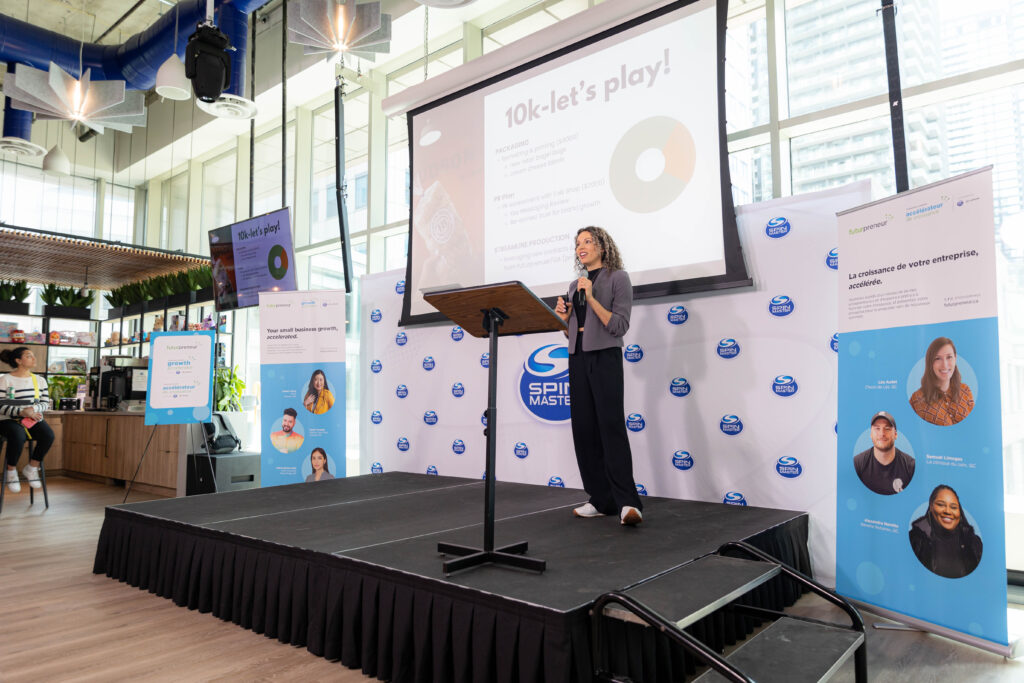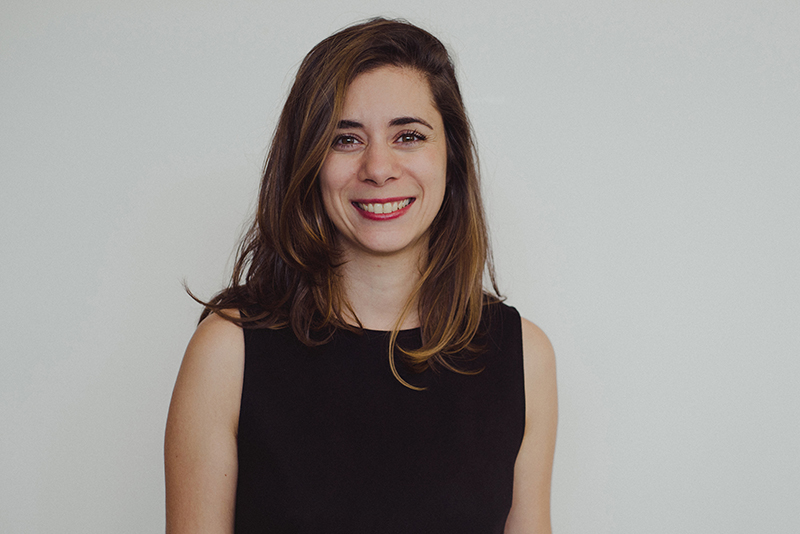- Social impact and sustainability
Social innovation: doing good, smart
In recent years there has been a proliferation of definitions on social innovation. The best definition I came across is: Doing good, smart (Charles Best, Donors Choose). It merges the impulse of creating social or environmental change while developing smart business skills that make it a reality.
Here are three ways to develop the business side of the equation:
Social innovation is more than just an idea
Innovation is not the same as creativity. Creativity generates ideas. Innovation turns ideas into reality. An idea is just a starting point. Real innovation comes in the fine tuning, in the day-to-day experimenting, testing and getting feedback.
CYBF entrepreneur, Ilana Ben-Ari, proprietor of Twenty One Toys Inc. is a good example. She had an idea that germinated for years but it wasn’t until she began testing her educationally-designed toys in different countries and situations, fine tuning the product that the idea began to catch on.
It’s not always about a brand new idea
In many cases it can also be about using existing structures and solutions in different ways. For example, CYBF entrepreneur Lisa von Sturmer, founder of Growing City, has a business that gathers organic waste from offices and turns it into soil. Her company picks up bins of organic waste and returns empty ones (an old idea i.e. spring water delivery model). The organic waste is sent to be composted – a process that takes about five months.
Composting has always been around and has re-surfaced in recent years garnering greater attention. Lisa tapped into offering this service to businesses and voila— three standard ideas that come together and create a new paradigm (not to mention three members of the Dragon’s Den who were fighting to get in on the action)!
Having social impact needs a model of long-term sustainability
If your idea does not generate revenue and/or is not sustainable, then this may just be a wish. The business part of the equation ensures that you understand basic business principles – and ensures the idea has realistic market potential. Great social innovators have worthwhile missions and are smart business people. This takes time and planning.
I had the pleasure of hearing CYBF entrepreneur Tal Dehtiar, founder of Oliberté and Fast Companies 100 Most Creative People in Business, speak a while back. What struck me was his long-term dedication to his cause of empowering Africans by selling fair trade shoes online made by locals in Africa. The idea is simple, yet the message and everything that Oliberté does feeds the mission of changing our perception of the economic potential of Africa. The impact may not be felt for years or even decades, yet, it’s worth pursuing.
Take the challenge. Can you do good, smart?
Whether you’re solving old problems with new solutions, or thinking about ideas that can be translated into improving the status quo, your wallet will thank you and your heart will feel a whole lot better.
By Dominik Loncar, CYBF Entrepreneur-in-Residence, dloncar@cybf.ca





